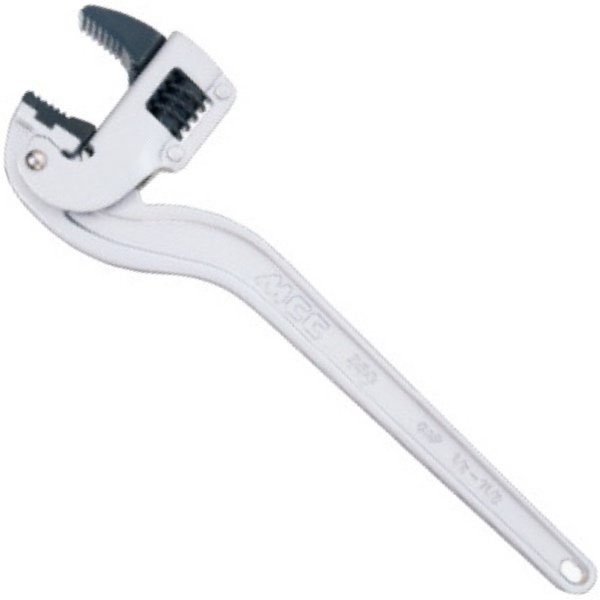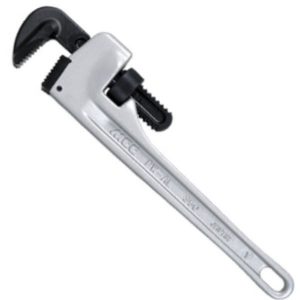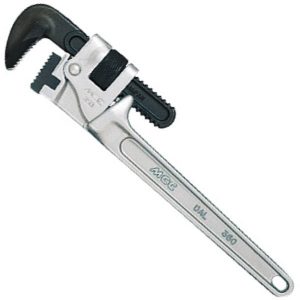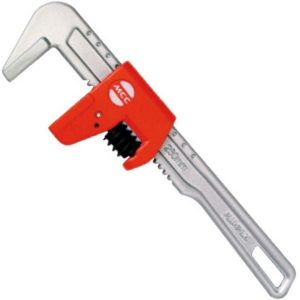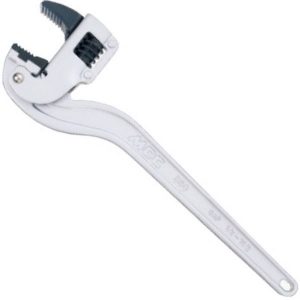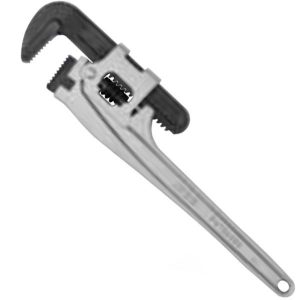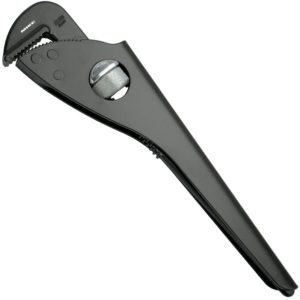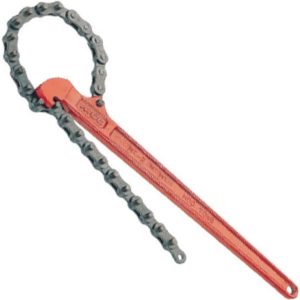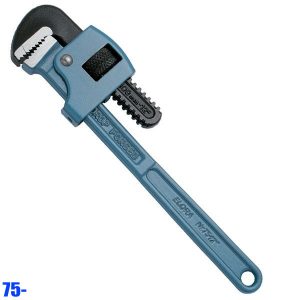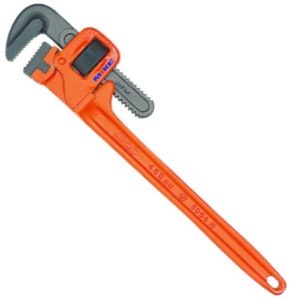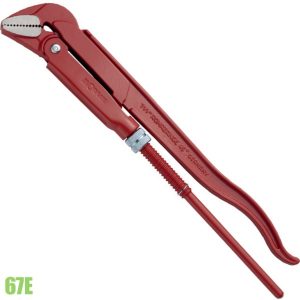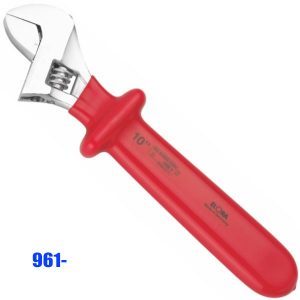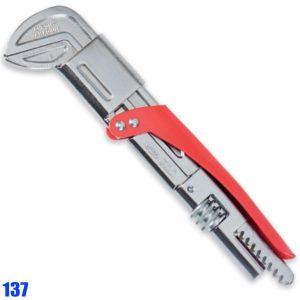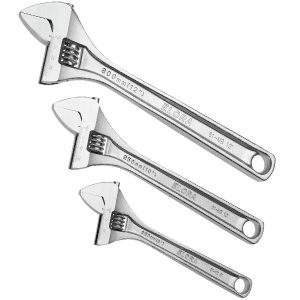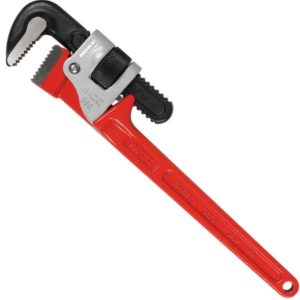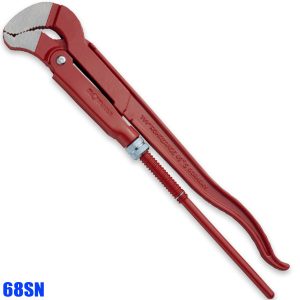Corner Wrenches Cast Aluminum Handle CW-AL, MCC – Made in Japan
SKU: CW-ALCorner wrenches cast aluminum handle CW-AL Series, jaws made of high carbon alloy steel with a careful heat treatment provides a long life span with tight grip. I-beam structure for both light weight and strength. By MCC, made in Japan.
The primary difference between cast aluminum handles and forged aluminum handles lies in their manufacturing processes, which can significantly impact their strength, durability, and cost.
The Corner wrenches cast aluminum handle CW-AL Series has jaws made of high carbon alloy steel with a careful heat treatment that provides a long life span with tight grip. The product has a ratchet-like action jaw frame and spring-loaded jaw frame that provides quicker operation in tight spaces, which allows you to keep tightening/loosing pipes in tight spaces.
The jaws are made of high carbon alloy steel with a careful heat treatment that provides a long life span with tight grip. The technology developed over the course of 90 years manufacturing pipe wrenches can be seen in the long-lasting jaws. The most compact head design allows you to reach any tight spaces; allowing you to grab pipes/nipples/nuts, which saves you time by avoiding making room for an ordinary pipe wrench. The light-weight aluminum alloy handle provides you 30% less weight than forged steel model.
Corner Wrenches Cast Aluminum Handle CW-AL
- Cast Aluminum Handle: The casting process involves pouring molten aluminum into a mold of the handle’s shape. Once the aluminum cools and solidifies, it forms the final product. The casting process allows for complex designs and shapes, as the molten aluminum takes the shape of the mold. However, cast aluminum may have inconsistencies or impurities due to the casting process, which can lead to lower strength and durability compared to forged aluminum. It’s usually a more cost-effective process than forging.
- Forged Aluminum Handle: The forging process involves heating a piece of aluminum to a high temperature and then deforming it under high pressure to create the handle’s shape. The metal’s structure is realigned during forging, which leads to improved strength and durability compared to casting. Forged aluminum handles are typically more resistant to impact and less likely to crack or fail under stress. However, the forging process is typically more expensive than casting due to its complexity and the higher quality of the final product.
| Model | Size | Capacity Outer Dia (US Pipe size) |
Weight Kg |
|
| mm | inch | |||
| CW-AL60 | 600 | 24″ | 48-90mm | 3.0 |
| CW-AL90 | 900 | 36″ | 76-115mm | 5.0 |
While both types of handles can serve similar purposes, a forged aluminium handle would generally provide superior strength and durability, making it a preferable choice for tools and applications that require high durability and resistance to stress. However, a cast aluminum handle might be a more cost-effective choice for applications where high strength isn’t as crucial.
| SKU | Add | Overal lengh | Opening jaw |
|---|---|---|---|
| CW-AL60 | 600mm | 48 - 90mm | |
| CW-AL90 | 900mm | 76 - 115mm |
- Pending orders

